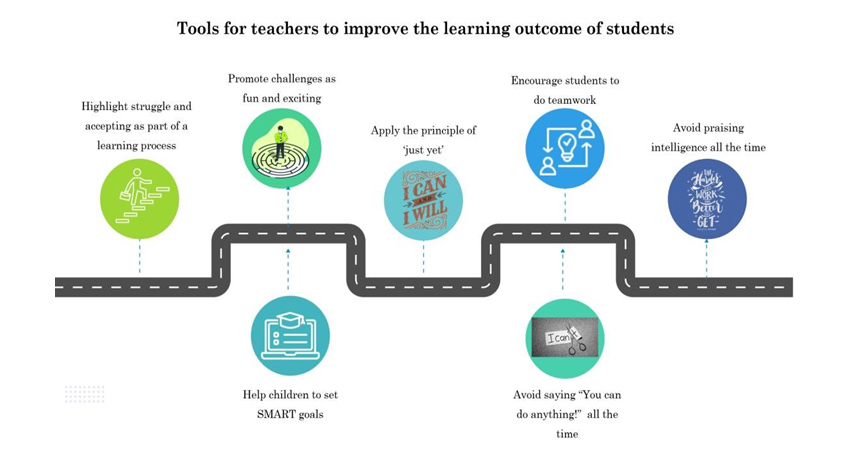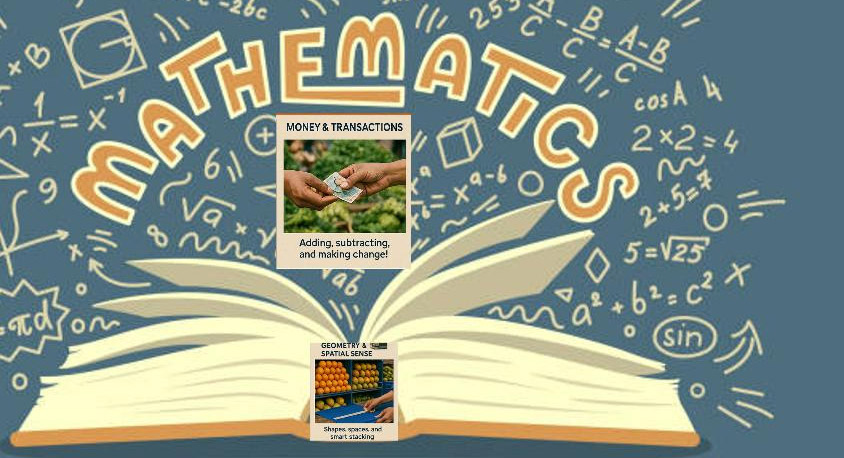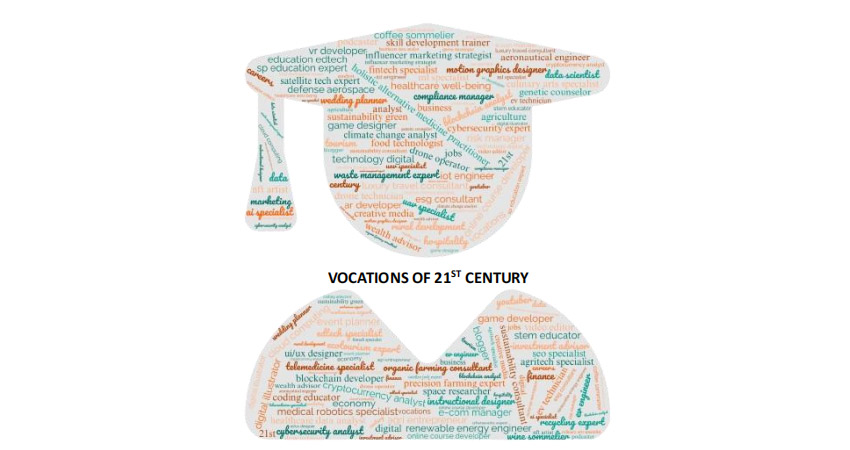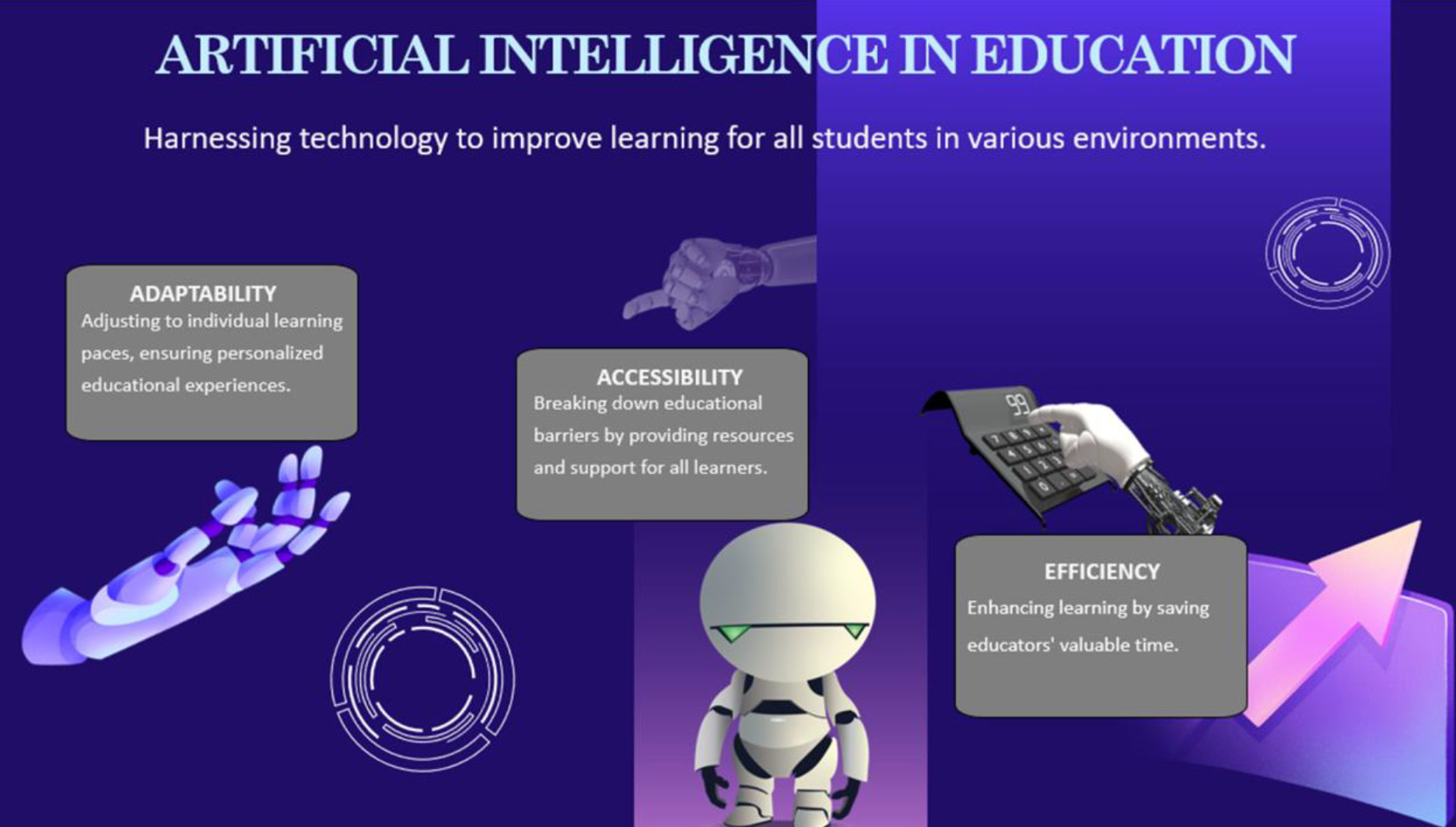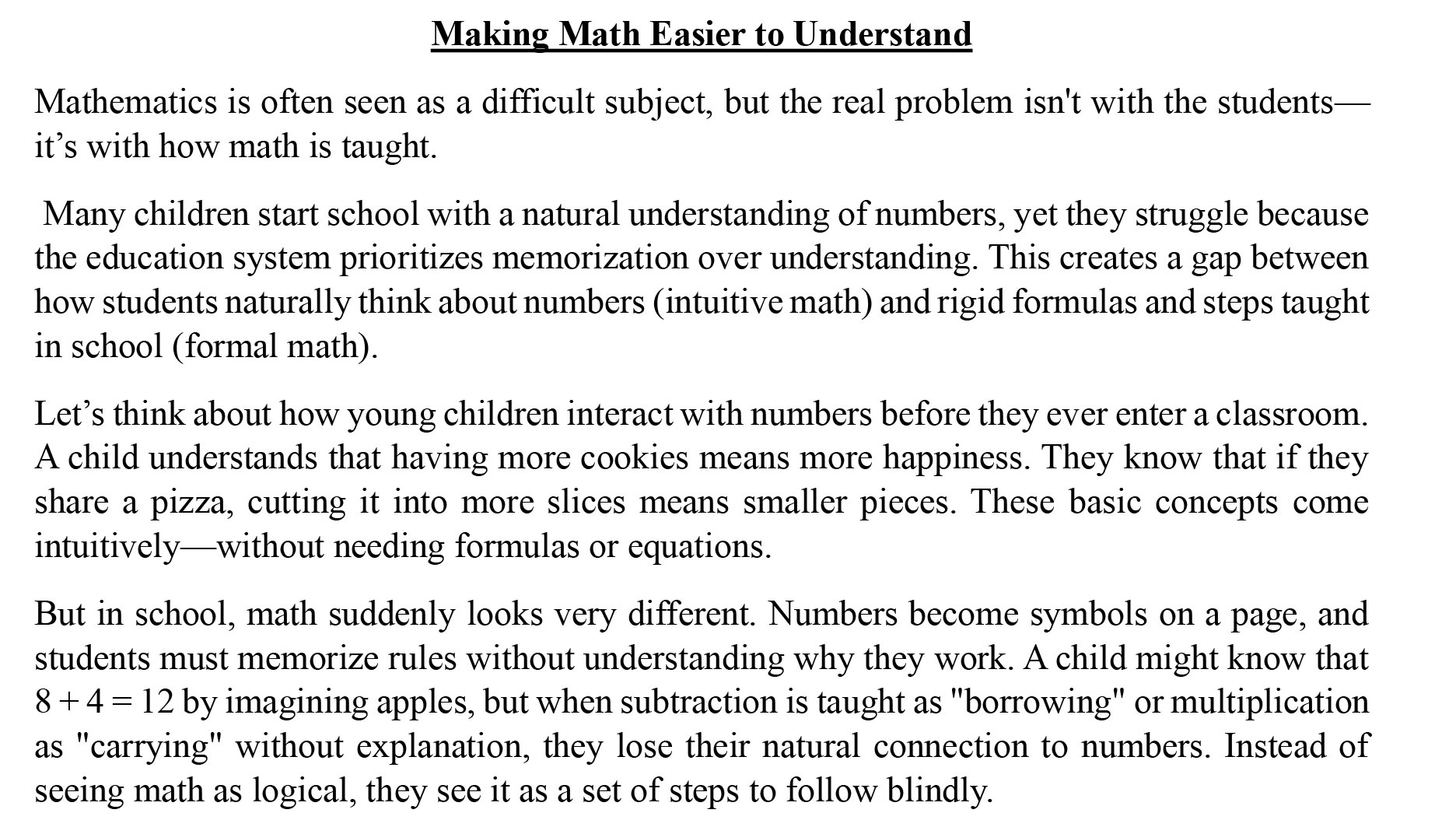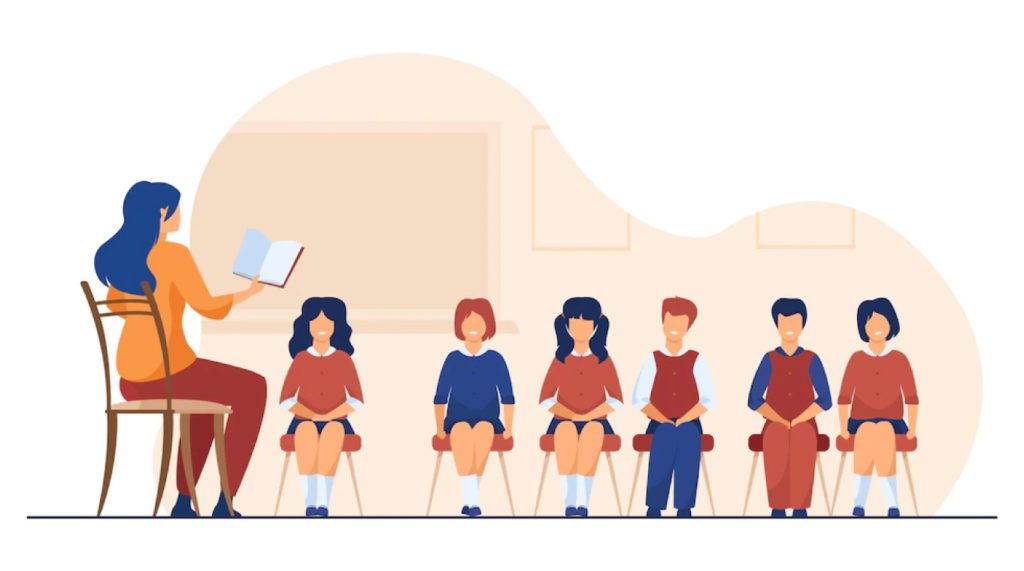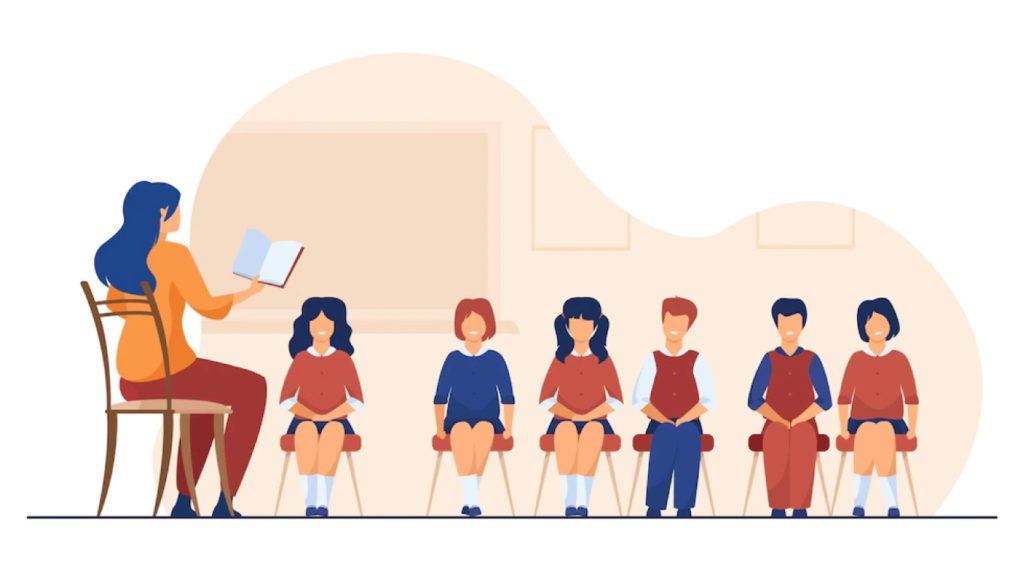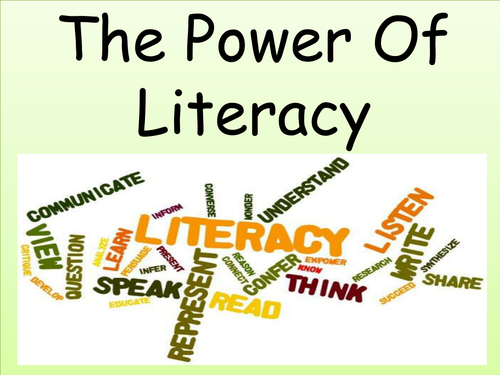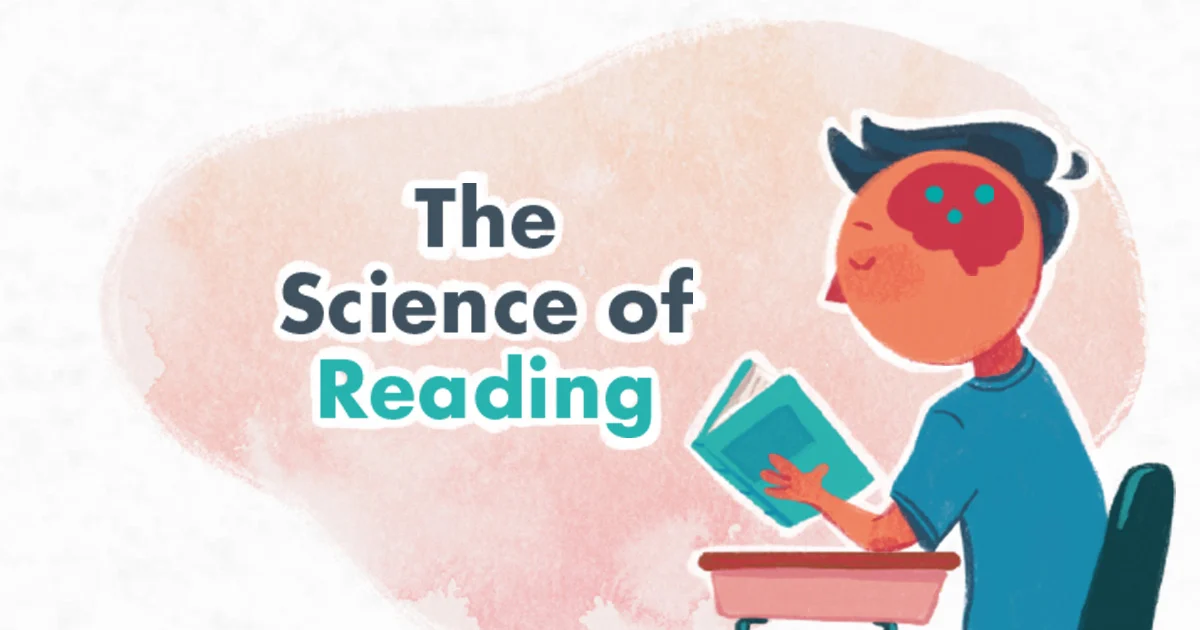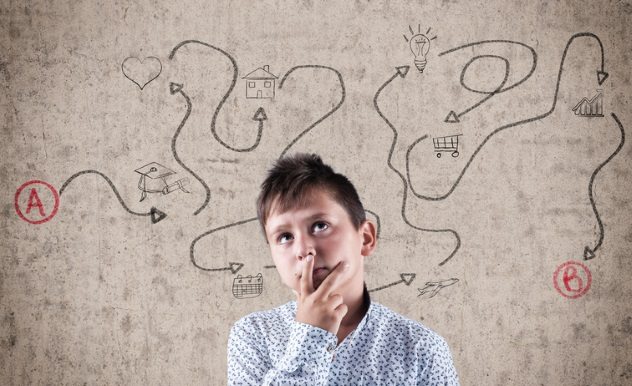The Impact of Teachers' Growth Mind-set on Learners
It was a sunny morning in the December winter. We were visiting a school for our research work. There was a delay in the scheduled meeting with the principal therefore we were waiting in the alcove outside his office and watching children playing in the field. Two children were sitting close to us and were trying to solve a math problem. It was a simple problem and one of them gave up solving it announcing that it is useless to solve such problems. But what grabbed our attention was her declaration that she knows how badly she is going to perform in this subject for the whole of her life. How come someone at such a young age is so much convinced about her inability? Curious to know what the other child was doing we paid attention to her, who was engrossed in solving the problem. She employed different strategies, asked a few random questions to her friend, and finally was able to arrive at a solution. Her immense joy was the building block of her confidence in her ability. It reminded us about the power of a growth mindset, the term coined by psychologist Carol Dweck, whose book most of us have read. Growth mindset is represented by someone who seeks to perform relentlessly and with perseverance to achieve success. Meaning it is hard work and performance that plays a greater role in achieving success in life. Testament to this fact is the story of Thomas Edison, who after facing multiple failures was successful in inventing the light bulb. His quote is etched in history, "I have not failed. I've just found 10,000 ways that won't work". Here one can find a glimpse of Growth Mindset. The question is what is the growth mindset and why it is considered important for teachers and educators the world over?
Understanding Growth Mindset
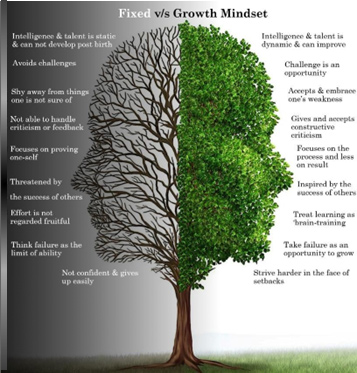
'Growth mindset' contradicts a fixed mindset that with a growth mindset, which believes that abilities are fixed and cannot be changed. Teachers with a fixed mindset perceive challenges as unchangeable. Teachers with a growth mindset have growth opportunities and believe that every child has the potential to improve with hard work, effort, and correct strategies. This perspective is basic. to create a conducive, positive, and motivating classroom environment.
The primary classroom beaming with laughter and energy of students is the place where the future citizens are groomed and innate abilities and talents of children are discovered and enhanced. It is the cradle of future scientists, engineers, authors, poets, painters, and above all humanity where children learn to channel their energy positively and constructively. Teachers, being the pivot of the classroom process, have the most profound impact on young learners’ minds. The way they appreciate learners' achievements, praise their works, and provide feedback on their shortcomings can make or mar the trajectory of learning. Hence, the mindset of teachers plays a crucial role in the development of children's personalities as well as their academic performance. Therefore, for teachers having or developing a growth mindset, the belief that abilities and intelligence can be developed through education and hard work becomes important for teachers. Research shows that it has a positive correlation with the enhancement of learning outcomes of students. For example, Carole Dweck studies human motivation. Her research findings show that how people perceive themselves determines everything. If people believe that one is born with qualities, intelligence, talents, etc. and it cannot be changed show a fixed mindset they won't do anything to correct their mistakes and learn from it. However, people with a growth mindset do hard work and are always ready to learn new things and correct their mistakes. They show a growth mindset and succeed in life.
Growth mindset: the tool for teachers to improve the learning outcome of students The Impact of Teachers' Growth Mind-set on Learners

Teachers with a growth mindset should prefer to encourage learners to strive for the best by being persistent and put effort. They should be acknowledging the efforts put in while planning and trying new strategies and ideas instead of just praising intelligence all the time, as it may actually lead to fixed mindset of the students.
Teachers should inculcate the habit of setting SMART goals among students. The Specific, Measurable, Achievable, Relevant, and Time-bound goal setting will enable children to take control of their learning journey by regularly reflecting on their goals and measuring their own progress This life skill will further develop critical self-assessment skills and also to adjust and adapt their strategies to overcome challenges and failures which come on the way.
Teachers in their classes should provide challenging tasks to children and inspire and motivate them to embrace and experiment with them. And in case of facing failures and difficulties, the culture of 'I Can! and I Can't Yet' may be built encouraging the team and group work to solve them from their learning.
Additionally, teachers with a growth mindset always strive to employ diverse and adaptive teaching techniques to suit the needs of different types of learners. They understand that learners have different learning styles and accordingly they customize their teaching plans to provide support to each of them. While meeting the individual needs of learners, the growth mindset also strives to create an inclusive and positive classroom where learners have ample opportunity to explore and engage with their surroundings and construct knowledge. In such an environment the learners feel valued and confident therefore their willingness to participate in learning activities increases manifolds.
Another aspect of the learner's personality on which teachers with a growth mindset have a huge impact is the willingness to learn anywhere, anytime. Such teachers imbue their learners with a zest for lifelong learning. They denote that learning is an ongoing process and that improvement is always possible. They continuously inspire learners to value self-improvement. Research shows that all these attributes which are offshoots of a growth mindset tend to impact the academic as well as all-round performance of learners. Teachers' belief in their learner's abilities and talents and their commitment to employing best-suited techniques of teaching to harness learners' potential inadvertently leads to higher levels of academic performance among learners.
How to develop a growth mindset in the classroom?
Considering the importance of a growth mindset among teachers they must cultivate it for the betterment of learners. Here are some steps to be followed by teachers to cultivate a growth mindset:
Reflect: Teachers should regularly reflect on their own beliefs about learning and intelligence. Recognizing and challenging any fixed mindset tendencies is the first step toward adopting a growth mindset.
Continuous Professional Development: Engaging in professional development opportunities focused on growth mindset principles can provide teachers with the tools and strategies needed to implement this approach in their classrooms.
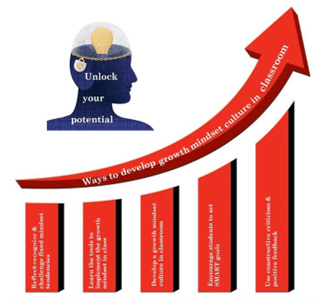
Develop a growth mindset culture: Teachers can create a classroom culture that celebrates effort, resilience, and progress. Praising students for their hard work and perseverance rather than their achievements reinforces the growth mindset.
Please encourage students to set SMART goals: by helping them create realistic, attainable objectives and by providing support as they work toward them. This fosters a growth mentality. It teaches students that hard work improves results and lets them recognize their improvements.
Use constructive criticism: Feedback that focuses on the lessons a learner can take away from mistakes, as opposed to the final product, helps students recognize the learning opportunities that arise from their missteps. Children who receive constructive comments can understand that they can improve their grades by working hard and developing solutions.
There are ample examples of teachers who practice a growth mindset and are helping children achieve their potential and touch heights of success in their lives. A cursory glance through social media and websites like Gaon Connection provides glimpses of teachers who are selflessly helping children from marginalized communities to succeed in life which is not possible without having a growth mindset.
The teaching community must understand that a growth mindset has to be cultivated to improve the learning outcomes of children right from primary classes. Teachers who embrace and embody a growth mindset establish the path for their pupils to realize their greatest potential. They may establish a learning atmosphere that values effort, resilience, and a love of learning by encouraging students to believe in their potential for growth and improvement. Students who adopt this mindset not only perform better academically but also acquire critical life skills.




